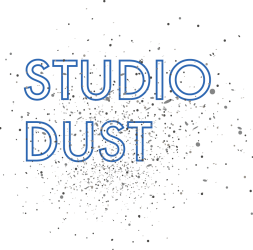>>> NEXT CHAPTER
ABSTRACT
Living in the Anthropocene, we are facing climate change and global inequality. These ecological issues require inclusive transdisciplinary cooperation. A City Lab provides a ‘safe’ ground for experimentation and development of new knowledge, where all participants are the experts and amateurs at the same time. City Labs are recent phenomena where ‘the city’ is used as a ‘canvas of reality’ for cooperation (between various experts, designers, and locals). Designers take on different roles in these transdisciplinary design practises and have an essential function within these newly built lab settings.
The emerging fluid boundaries create a potential for the urgently needed new knowledge in regard to ecological issues, provided that it bears in mind a critical framework. This is essential otherwise the fluid boundaries will hollow the necessary professional standard.
The response of design education is urgent, as it should implement an ecological literacy into the curricula, as well as a critical framework that allows future designers to critically operate within the fluid boundaries of the profession and be an expert as well as a Pro-Am. I used the pedagogical strategy ‘learning to unlearn’ to create a critical framework, and developed this into the educational project GO TO THE MOON AND BACK. In order to understand the consequences of ‘learning to unlearn’ I tested the workshop in different design academies.
GO TO THE MOON AND BACK takes design students in an imaginary trip to the moon. The moon provides a canvas to deconstruct embedded professional knowledge and routines, because the elements that we take for granted on earth are so different on the moon (gravity, time, oxygen, life, etc.), which makes it possible to completely deconstruct these embedded and fixed notions. The moon also allows us to reflect back on earth, therefore reconnecting to reality and making it possible to critically examine the elements that shape the professional context, like values, positions, scales, time, and perspectives. The workshop has ecological awareness in its DNA.
>>> NEXT CHAPTER

